If a white, homophobic Christian fundamentalist had murdered 49 people in a gay nightclub, would we go out of our way not to mention his religion for fear of offending all Christians?
Mass murderer Omar Mateen, the man who went on a rampage in an Orlando nightclub, is not just a “hater” or a “homegrown extremist,” as President Barack Obama characterized him. He’s a Muslim terrorist who called 911 and pledged allegiance to an Islamic terror group while committing his slaughter.
As FBI Director James Comey told reporters on Monday, “There are strong indications of radicalization by this killer and of potential inspiration by foreign terrorist organizations.”
But if these “foreign terrorist organizations” are indeed Islamic, as we all know they are, why can’t Comey just come out and say it? What is he afraid of?
Since 9/11, according to the website Jihad Watch, 28,589 deadly terrorist acts have been committed around the world in the name of Islam. Why can’t we talk about that? How can we treat a disease if we don’t identify it?
Omar Mateen was radicalized by Islamists like Abu Taubah, a man whose teachings are described in the Daily Beast as “virulently homophobic.”
Of course, if Mateen needed any Islamic inspiration for his homophobic act, all he had to do was watch a video of gays being thrown off rooftops in Iraq by ISIS terrorists, or one of Shiek Farrokh Sekaleshfar, a Muslim preacher who has given sermons in the Orlando area and has called for gays to be executed.
“Death is the sentence. There’s nothing to be embarrassed about this,” the shiek says in one of the videos. “We have to have compassion for people. With homosexuals, it’s the same. Out of compassion, let’s get rid of them.”
It’s easy to dismiss all this hate speech as a “perversion” of Islam, as the president and many others have done. But the holy texts of Islam contain some genuine bile against homosexuals and even specify the punishment: “Execute the one who does it and the one to whom it is done.”
This may help explain why homosexuality is so reviled in Muslim-dominated countries. As a 2013 Pew study reported, over 90 percent of people surveyed in predominantly Muslim countries like Jordan, Egypt, Tunisia, Indonesia and Pakistan say homosexuality should be rejected.
When such religious-based homophobia leads to violence, our politically correct reflex is to separate the religion from the interpretation, and say, “This is not Islam, it’s only a twisted interpretation.” This helps us move on and talk about things more in our comfort zone, such as gun control.
But if the twisted interpretation leads to violence, why should we dismiss it? Why should an instrument (guns) be taken more seriously than a motivation (religious hate speech)? If we condemn a Christian or Jewish preacher for inciting violence, why not a Muslim preacher?
Judaism frowns on separating interpretation of text from religion.
“Interpretation is as fundamental to any text-based religion as is the act of revelation itself,” Chief Rabbi Lord Jonathan Sacks writes in his book, “The Great Partnership.”
“No word, especially the word of God, is self-explanatory. Exegetes and commentators are to religion what judges are to law. They are essential to the system, and they can make all the difference between justice and injustice, right and wrong.”
Instead of dismissing the hateful interpretations of Islam, we must confront them directly and candidly and counter them with humane and scholarly interpretations that would distinguish right from wrong and bring honor to the faith.
Fortunately, such a movement exists — it's called the Muslim Reform Movement.
This is an initiative started in late 2015 by a dozen Muslim scholars and religious leaders in the United States to spawn a more liberal and tolerant Islam for the next century. The movement, which I wrote about last December after the terror attack in San Bernardino, has yet to gain traction with the mainstream media. I hope that changes.
The group’s manifesto reinterprets Islamic texts and calls for many things we take for granted, such as “secular governance, democracy and liberty.” It also asserts that “every individual has the right to publicly express criticism of Islam.”
It rejects “bigotry, oppression and violence against all people based on any prejudice, including ethnicity, gender, language, belief, religion, sexual orientation and gender expression.”
Most importantly, the authors call on the Muslim world and others to sign on and help the movement grow and flourish globally.
Everyone on the planet who believes in freedom and human rights should sign on. Every Muslim preacher and leader who believes Islam is a religion of peace should get behind the movement.
We need to create a world where all present and future Omar Mateens will enter their favorite mosque and hear about an Islam that doesn’t tolerate homophobia or bigotry or misoginy of any sort. An Islam that brings honor to Islam.
That world would be good for the LGBTQ community, and for all of humanity.








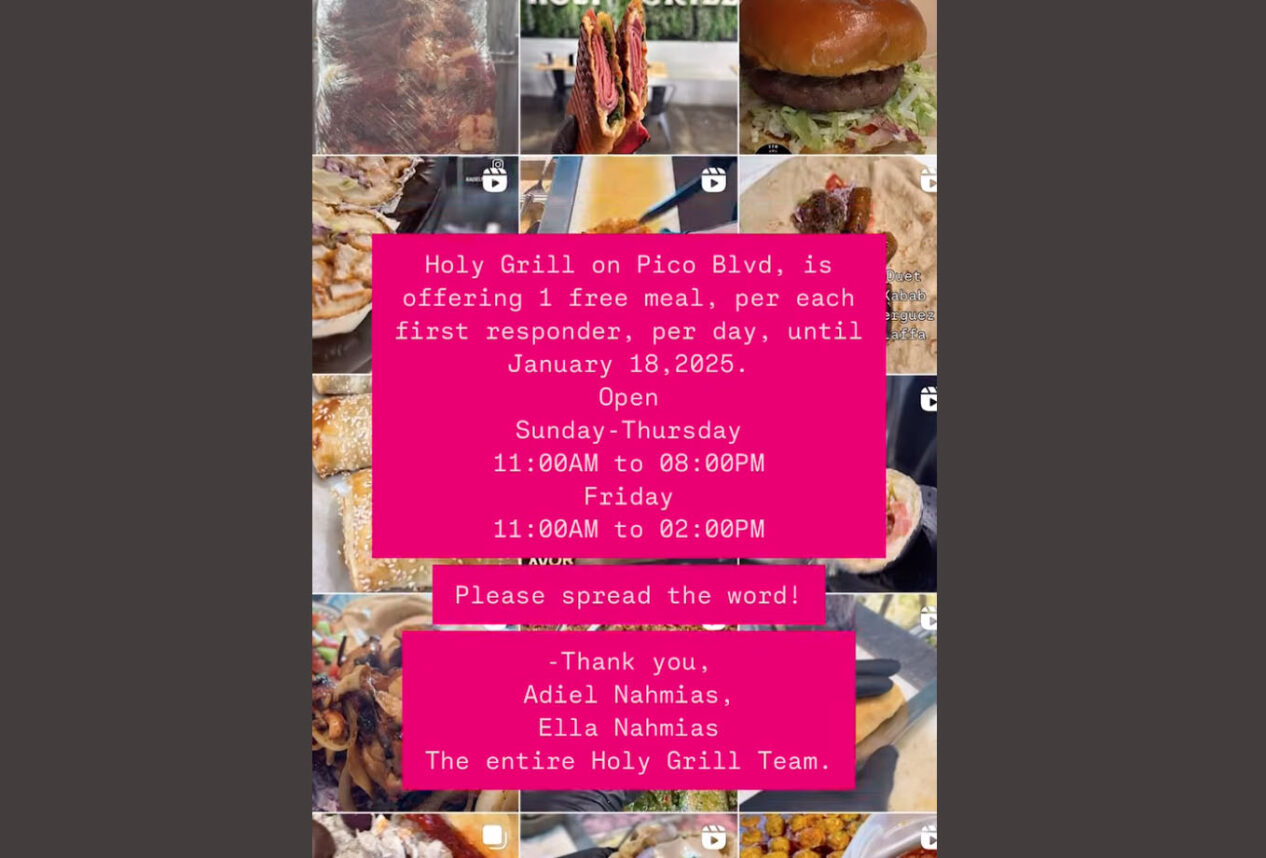
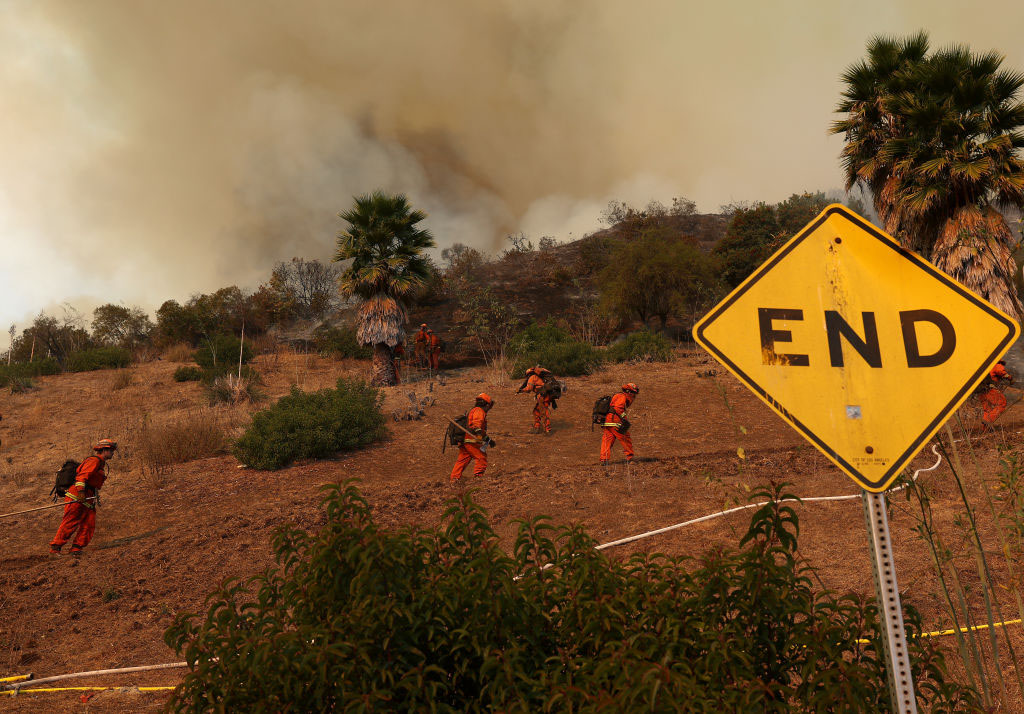
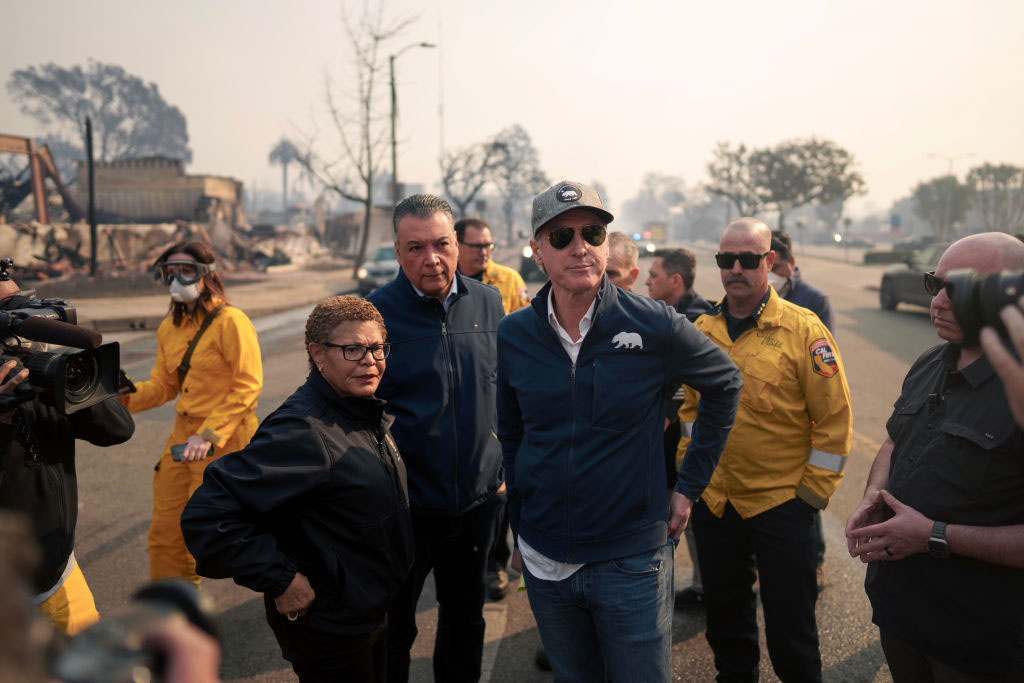
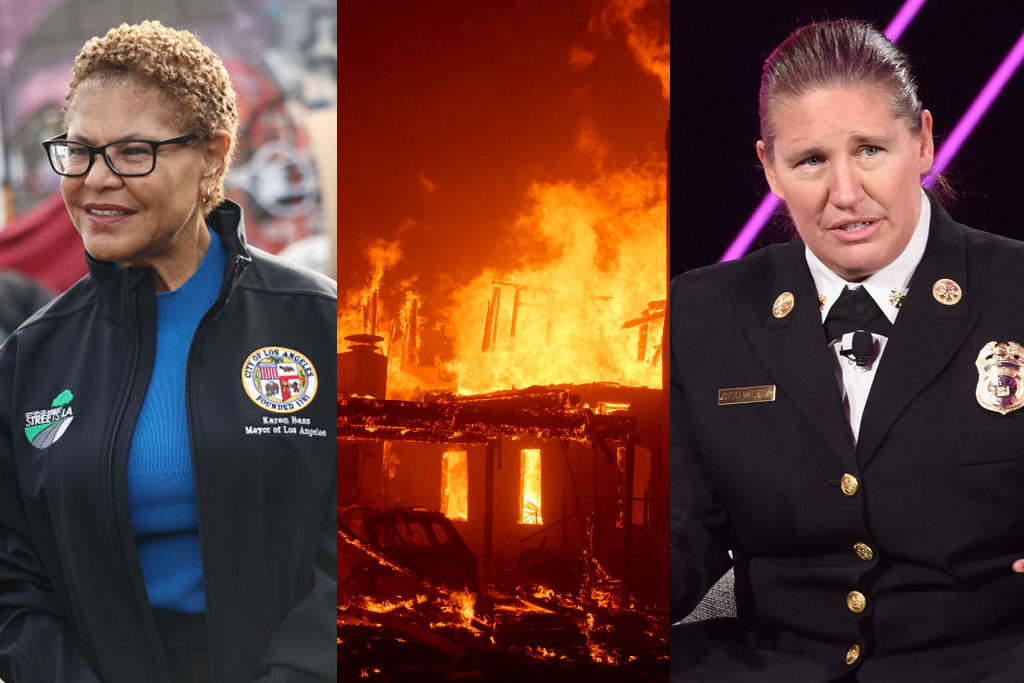

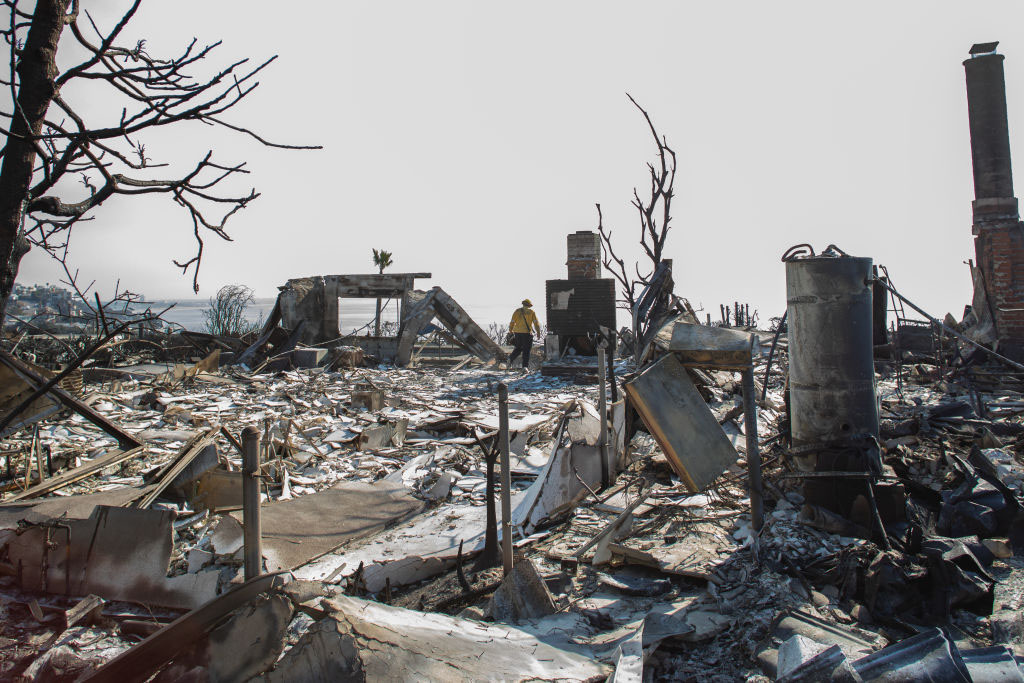
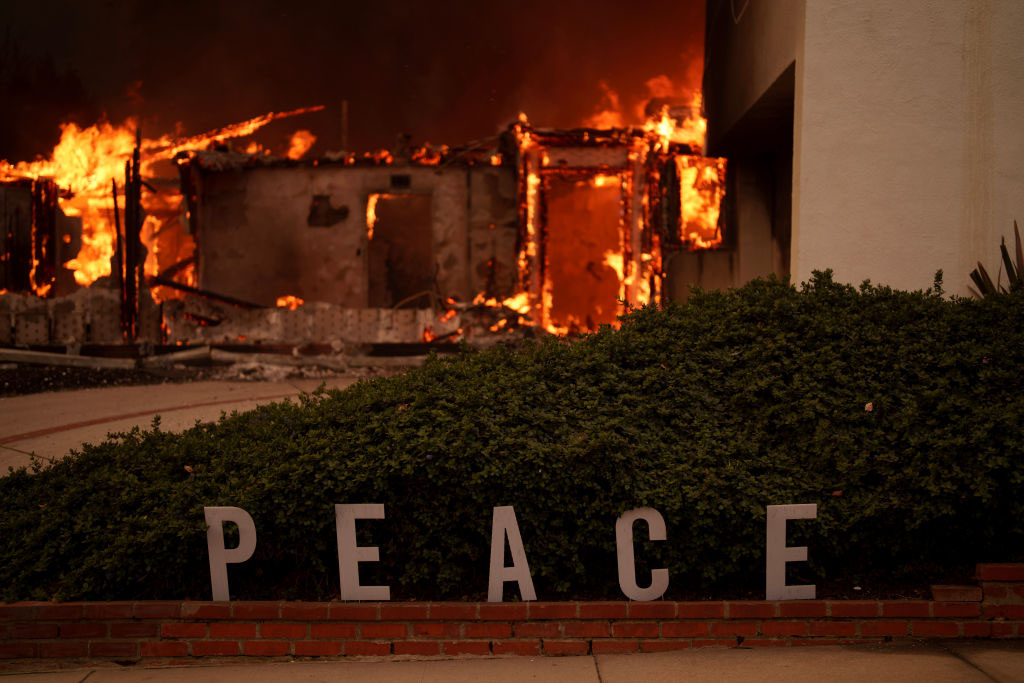
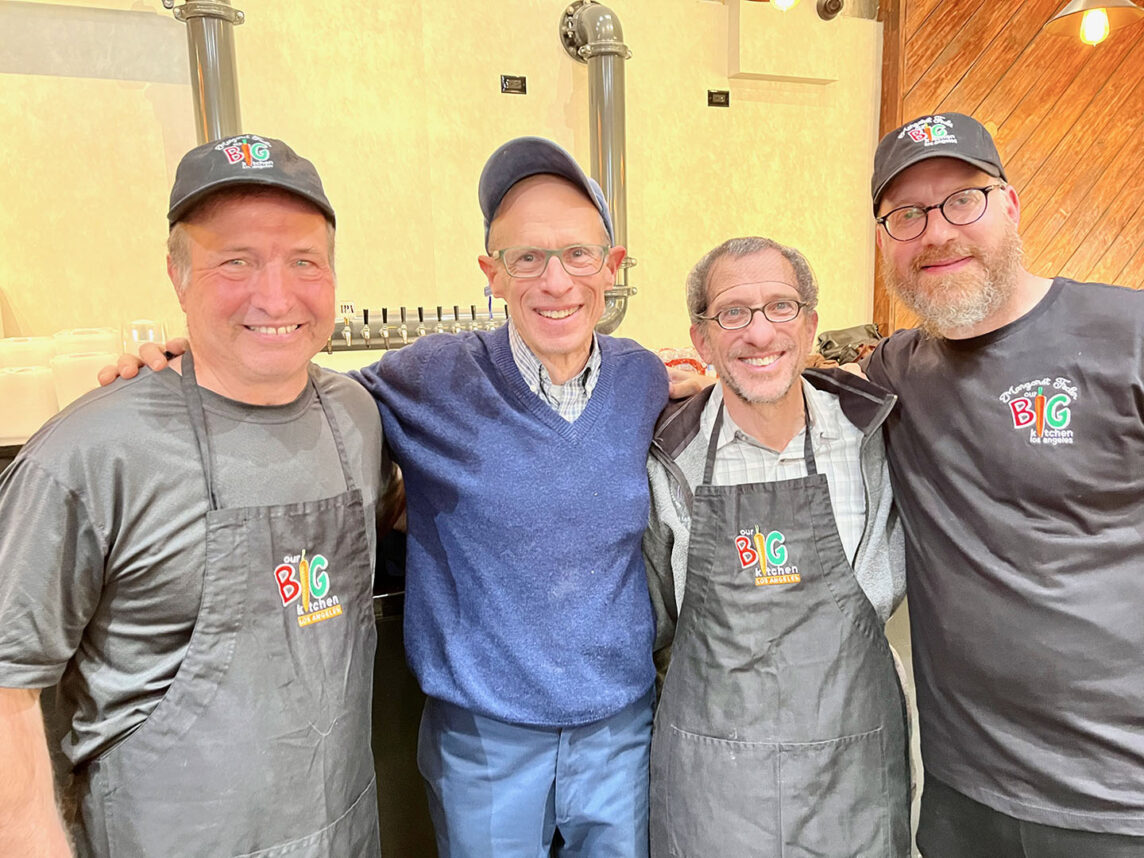
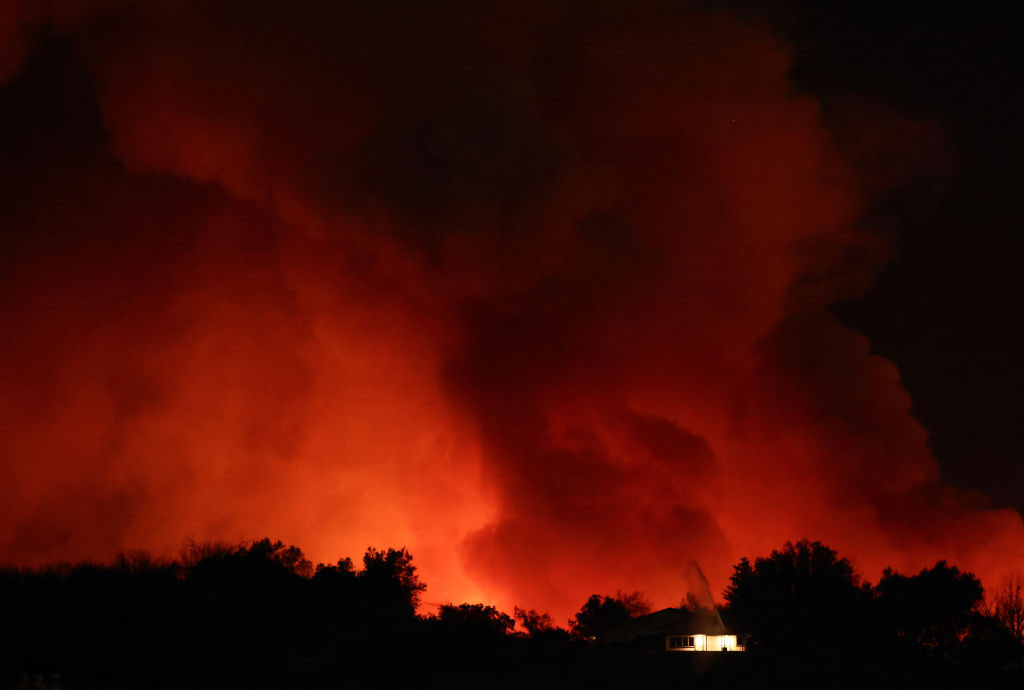




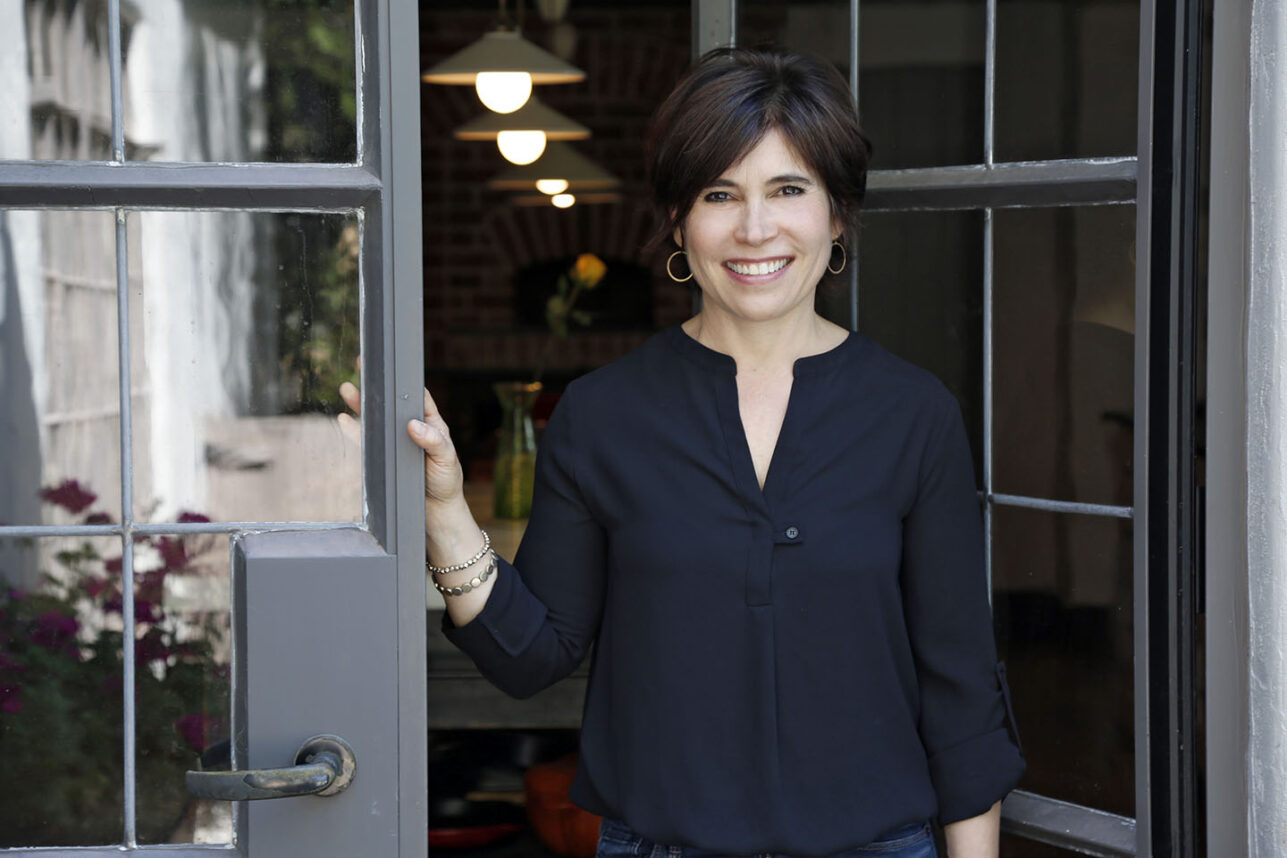


 More news and opinions than at a Shabbat dinner, right in your inbox.
More news and opinions than at a Shabbat dinner, right in your inbox.